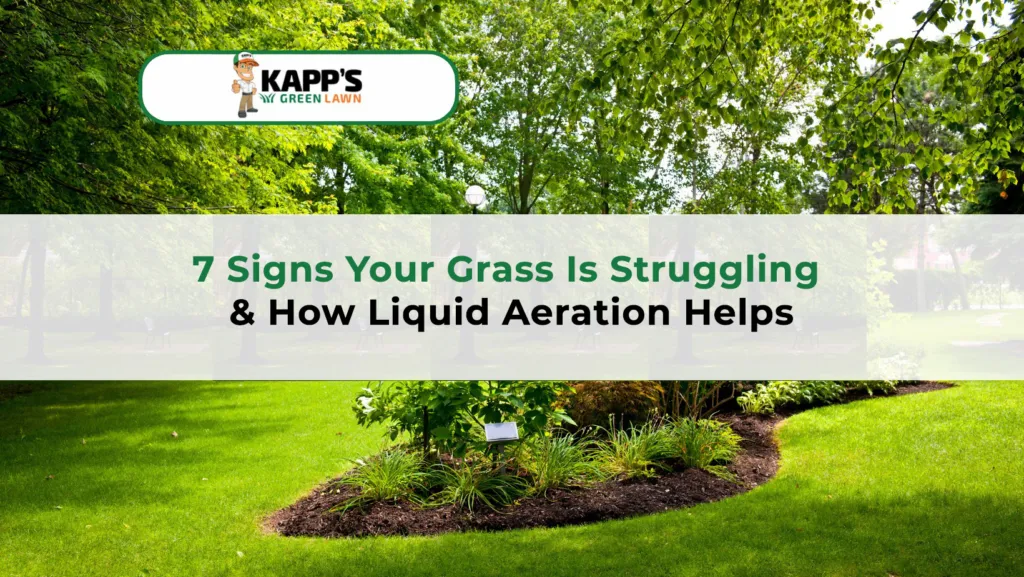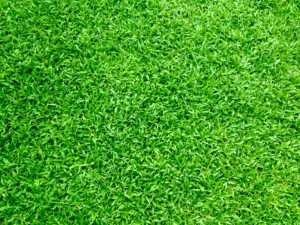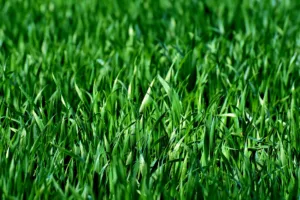
7 Signs Your Grass Is Struggling & How Liquid Aeration Helps
Lawn Trying to Tell You Something? Here’s What to Look For
A lush, green lawn doesn’t happen by accident. It takes a mix of sun, water, nutrients, and expert lawn care service. But compacted soil can quietly suffocate your grass roots, leading to frustration with your yard’s overall health.
While some lawn problems are obvious, others are subtle.
Here are seven easy-to-miss signs that your grass is secretly struggling and should be aerated. Plus, the consequences of ignoring the warning signs. All from your favorite lawn care service provider in the Midwest!
1. Water Runs Off Instead of Soaking In
When you water your lawn, does the moisture seem to pool on the surface before running off to lower areas or pavement? Runoff like this is wasteful…and a red flag for severe soil compaction.
Over time, foot traffic, heavy equipment, and even natural settling can pack soil particles so tightly that water simply can’t penetrate.
Soon, you’re dealing with an almost impermeable barrier. Your grass roots then become trapped in the top 1-2 inches of soil, unable to access deeper moisture reserves.

What happens if you ignore it?
- Increased water bills due to inefficient irrigation
- Drought stress, even with regular watering
- Formation of dry, dead patches where water never penetrates
- Erosion in sloped areas
How does liquid aeration help?
Soil-penetrating compounds create microscopic channels in compacted soil. These channels allow water to go deeper. The result? Your irrigation becomes more effective, and your grass develops deeper roots to withstand dry spells.
2. Your Lawn Feels Spongy
Does your grass feel unusually soft underfoot? It might seem healthy at first glance, but you may actually have a thatch problem.
Thatch is a dense layer of dead grass stems, roots, and debris that accumulates between the soil and living grass blades.
A thin thatch layer can be a good thing. However, too much will repel water and block nutrients from reaching the soil. This forces grass roots to grow up into the thatch instead of down into the soil. That’s where the spongy feel comes from.
What happens if you ignore it?
- Increased susceptibility to drought
- Ideal conditions for lawn diseases and pests
- Fertilizers sit on top instead of reaching roots
- Grass becomes shallow-rooted and less resilient
What does liquid aeration do?
It accelerates the breakdown of thatch by adding beneficial soil microbes. These microorganisms multiply, decompose the thatch layer, and improve the soil structure. Firmer footing soon follows.
3. Fertilizer Doesn’t Seem to Work Anymore
Have you added fertilizers but not seen any significant improvement? This nutrient “lock-up” occurs when compacted soil keeps fertilizers from reaching root zones.
Sure, you may have adequate nutrients, but your grass can’t get to them. It’s like having a full refrigerator locked behind a vault. The food is there, but it’s out of reach.

What happens if you ignore it?
- Wasted money on fertilizers
- Nutrient deficiencies
- Increased pressure from weeds
- Gradual thinning of grass
Why does aeration help?
Liquid aeration breaks the bonds between soil particles and trapped nutrients. This “unlocks” existing soil nutrients so new fertilizers can get to root zones. Bonus: Previously trapped nutrients may also become available.
4. Grass Stays Thin
If your lawn stays patchy no matter how much you care for it, compaction could be the issue.
Why? Because grass seedlings need loose soil to develop strong root systems. When tender new roots hit a “brick wall” of dense soil, they either die or remain stunted. Even established grass produces fewer tillers (side shoots that thicken the lawn) when roots are cramped.
What happens if you ignore it?
- Constant need for reseeding with poor results
- Bare spots that invite weeds
- Increased soil erosion
What makes liquid aeration the solution?
It loosens the top few inches of soil. This creates the perfect environment for new and existing grass roots to expand. Eventually, you’ll see:
- Faster seed germination
- Stronger seedling development
- Existing grass producing more tillers
- Natural filling-in of bare spots
5. Drought Stress Hits Faster Than It Should
Here’s the scenario: Your Midwest lawn seems to wilt at the first sign of hot weather, while your neighbors’ grass stays green. This premature drought stress signals shallow roots trapped in compacted soil.
Deeper roots have access to where the soil stays moist for longer. However, compacted lawns often have shallow roots where the soil dries out more quickly. That makes the grass susceptible to heat damage.
What happens if you ignore it?
- Need for constant watering during summer
- Brown lawn while others stay green
- Increased susceptibility to heat-related diseases
- Slow recovery when cooler weather returns
How can aeration fix this?
Liquid aeration lets roots penetrate deeper into the soil, where moisture stays for longer. The result? Better heat tolerance, reduced water bills, and greener grass with less water needed.
- Weeds & Moss Are Taking Over
Suddenly seeing more crabgrass or moss? These invaders are nature’s way of telling you your soil conditions favor them over healthy grass.
Weeds can still thrive in compacted soil for a few reasons. For instance, their roots are better able to penetrate hard soil, or they outcompete grass for limited surface moisture.
What happens if you ignore it?
- Increased weed control costs
- Grass becomes weaker
- Weeds spread
What will liquid aeration do to help?
By improving soil conditions, aeration helps grass outcompete weeds naturally. Plus, the improved drainage makes the soil less moss-friendly.
7. It’s Been a Year Since Your Last Aeration
Even if your lawn looks good, soil compaction happens slowly over time. If it’s been more than a year since your last aeration (or you’ve never aerated), hidden damage may be building up.
Soil compacts over time, so aeration is a must for any lawn.
What happens if you don’t aerate?
- Gradual decline in lawn quality
- Increased thatch buildup
- More disease and pest problems
- Eventually requires drastic renovation
Annual liquid aeration helps your lawn achieve the ideal soil structure. Additionally, it prevents compaction before it becomes severe and saves you from spending more on major lawn repairs.
Take Action Before It’s Too Late
Your lawn is resilient, but compaction is a silent killer. The earlier you recognize these seven signs and get liquid aeration, the better.
Don’t wait until damage is visible! Proactive lawn care service is the secret to maintaining a vibrant, healthy lawn. Contact Kapp’s Green Lawn today to schedule your liquid aeration treatment and give your grass the foundation it deserves.
Kapp’s Green Lawn proudly serves communities in the Midwest, ensuring high-quality lawn care and pest control services in these areas:
- Cleveland, OH
- Fort Wayne, IN
- Indianapolis, IN
- Pittsburgh, PA (eastern)
- Pittsburgh, PA (western)
- St. Louis, MO
